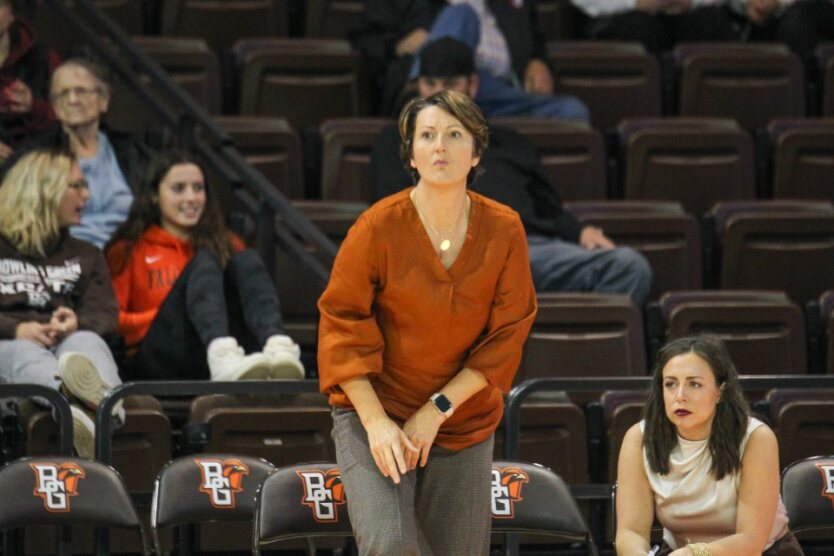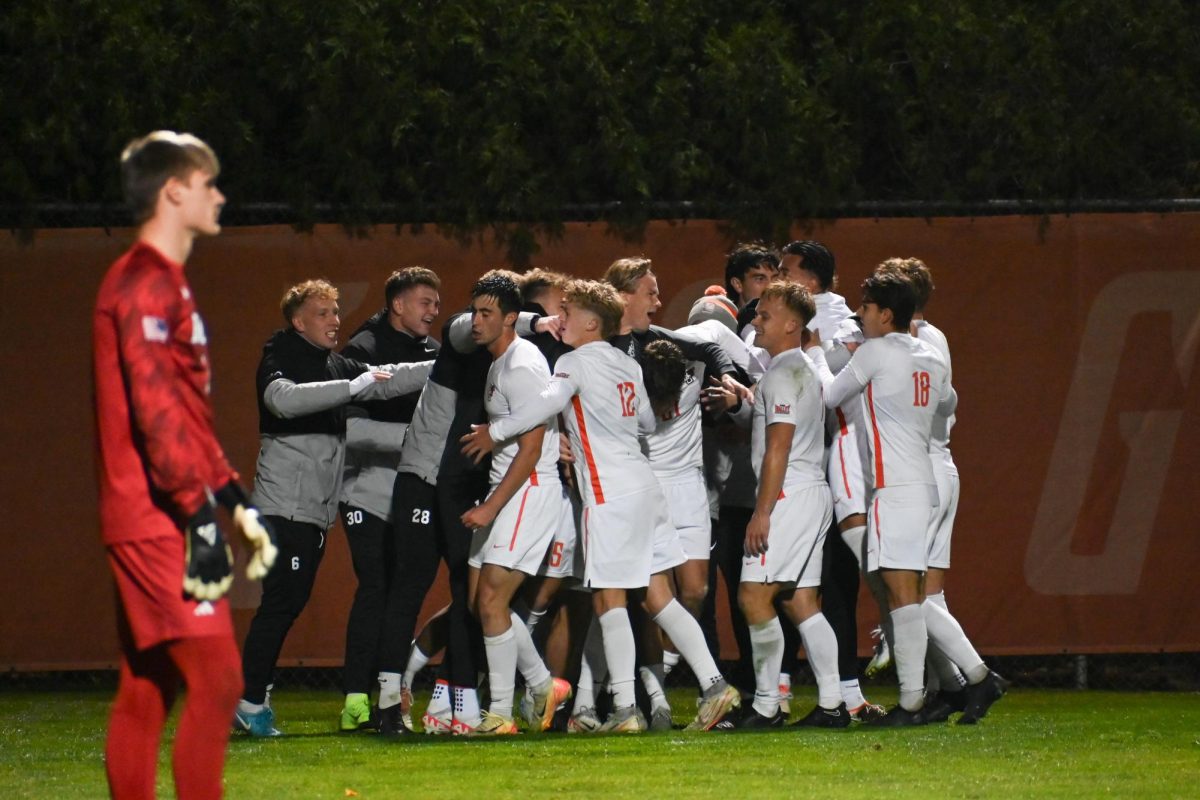In my previous column I talked about how the increased use of adjunct instructors for college instruction threatens to reduce the quality of the education that students pay so much for these days.
This reflects not the qualifications of the instructors, nor the quality of their teaching, but the conditions of their employment: low pay, frequent uncertainty— often up to the last minute— whether they will even have classes to teach and a lack of attachment to the institution.
They are also paid by the credit hour, which means that any extracurricular commitments are done out of the goodness of their hearts, if they even have time for them while commuting from school to school, as many must do to pull together something like a living wage.
But what might happen with the system in the future should concern us all.
At the moment, there is a glut of people holding the terminal degree, usually the Ph.D., compared with the number of jobs available. This is a function of the downsizing of faculty at most universities, which BGSU has also engaged in. It is also a function of the great number of people who earned terminal degrees in hopes of landing the plum job of academia: the tenure-track position [in the interest of full disclosure, I was lucky enough to get such a job 27 years ago, which makes me old-school].
A Ph.D. takes anywhere from four to ten years beyond the bachelor’s degree, depending on one’s field and how much financial support one receives. It also depends, in most cases, on completing a large piece of original research, the dissertation, for which the time needed can be unpredictable.
As the prospects for a tenure-track job become increasingly scarce, fewer people will commit themselves to the long, financially insecure route toward a Ph.D.
Completing a terminal degree takes both a love of one’s field and money, but love alone can’t keep you going when direct support for graduate study has been reduced, requiring students to take out even greater loans with dimming prospects for getting a job that will help pay them off.
So the possible future scenario is this: the glut of Ph.D.s will go down as smart people figure out that academics is no longer a desirable field worth a good decade of higher education to prepare for it.
It will be harder for universities to find the highly qualified, economically desperate human resources to staff what jobs do remain.
Standard qualifications will be reduced and those people who do choose higher education will be even more overworked.
And the expensive education [which, if trends continue, may hardly be state-supported at all] will lose value, defined as benefit relative to cost.
Respond to Geoff at












